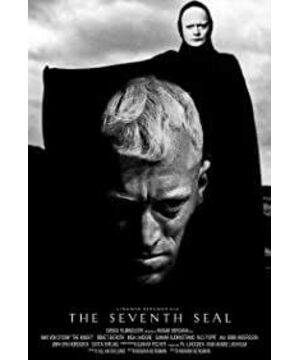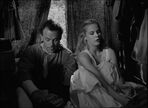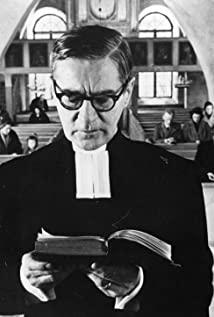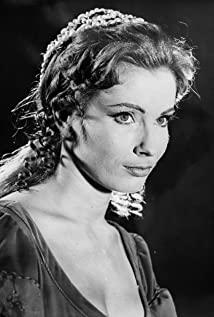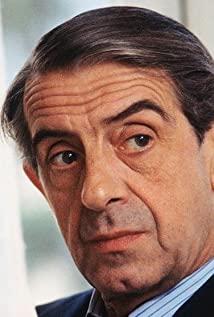Too much stream of consciousness, it is easy to be understood as pretending. This can be regarded as Fellini's autobiography, adding a lot of self-emotion, and the viewing process is inevitably boring. Dreams are strongly embodied in Fellini's films, and his representation of dreams rivals Freud's psychoanalysis, splitting plot and characters into fragments of dreams, streams of consciousness. But in fact, Fellini is more inclined to accept some of the more tolerant Jung's views. At the end, the protagonist Quito constructs a new order: the broken desire and the pure soul make peace. Return to the secular life, recognize the essence of incompleteness, and continue to live in communication and forgiveness. At the beginning of the movie, Quito faces a lot of confusion and doesn't know where to go. In the face of order and purity, he readily accepted Jung's views, recognized the incompleteness of human nature and personality, recognized the legitimacy of shadows, and shook hands with loneliness and nothingness, paying tribute to the incomplete life with a noisy celebration. This seemingly plotless film actually shows us the common problems of people and Fellini's choices through visual images.
View more about The Seventh Seal reviews


